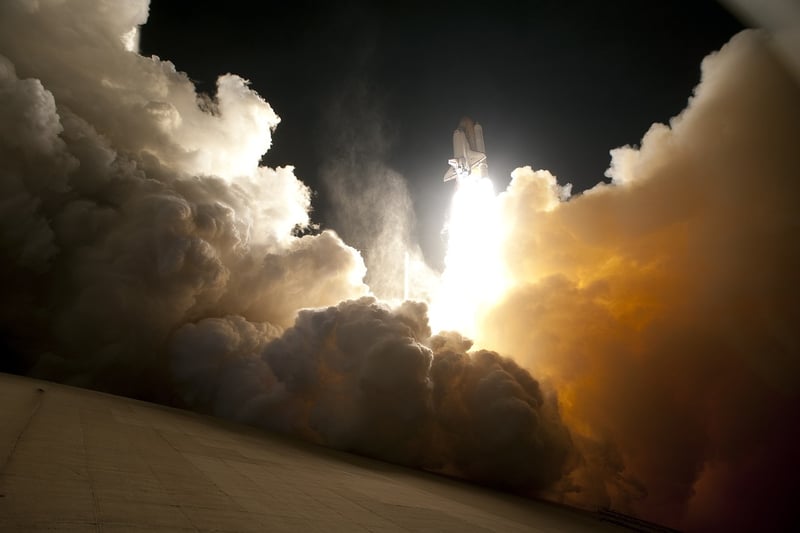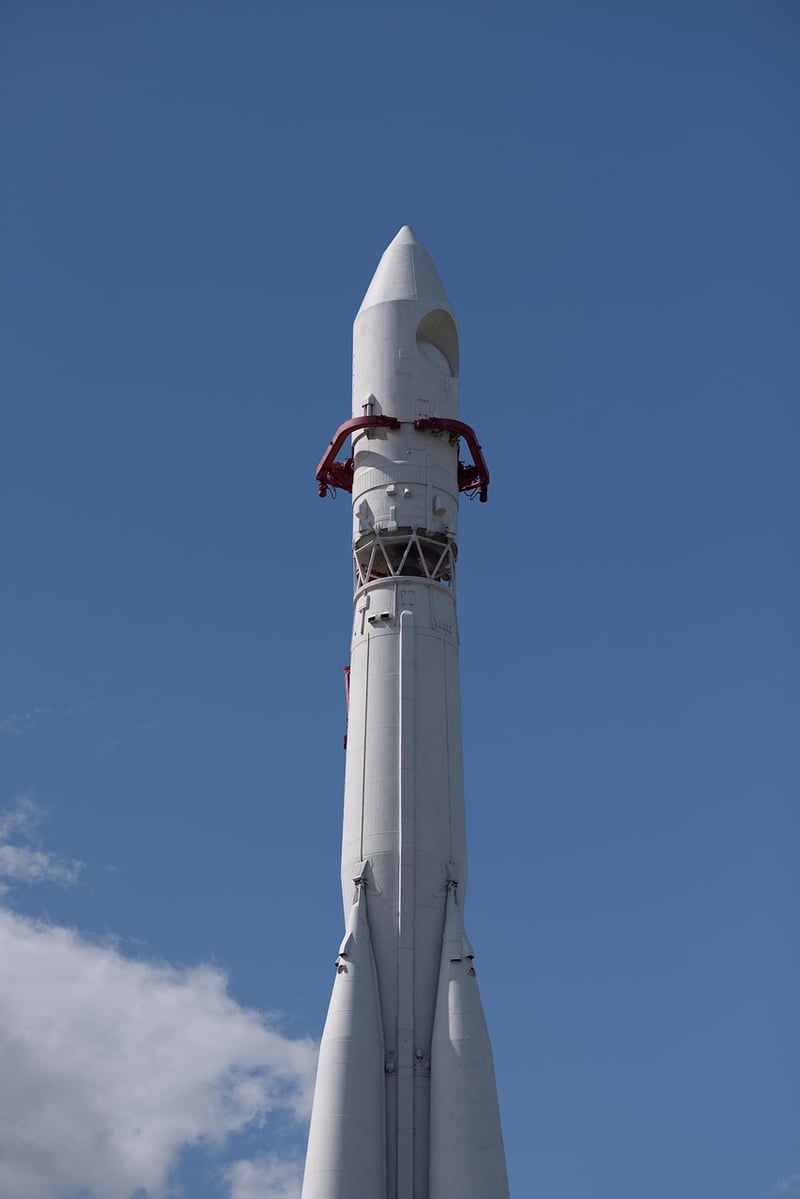Ion Propulsion
The Future of Space Travel: Advanced Propulsion and Ion Propulsion
Space exploration has always been a fascinating subject, with scientists and engineers constantly pushing the boundaries of our understanding of the universe. One key area of research that's gaining traction is advanced propulsion systems, with ion propulsion technology at the forefront.
What is Ion Propulsion?
Ion propulsion is a cutting-edge technology that uses electromagnetic fields to accelerate and expel ions at high velocities, generating thrust. Unlike traditional chemical propulsion systems that rely on burning fuel, ion propulsion is more efficient and can operate for longer durations, making it ideal for deep space missions.

Advantages of Ion Propulsion
- Efficiency: Ion propulsion systems are significantly more efficient than traditional rocket engines, allowing spacecraft to reach higher speeds using less fuel.
- Durability: Ion thrusters have a longer operational lifespan, making them suitable for extended missions to distant planets and beyond.
- Speed: While ion engines produce low thrust, they can gradually accelerate spacecraft to incredibly high speeds over time, enabling faster travel across vast distances.
Applications of Ion Propulsion
Ion propulsion technology has been used in several space missions, including NASA's Dawn spacecraft that explored the asteroid belt and the ESA's SMART-1 mission to the Moon. Future missions to Mars, outer planets, and even interstellar travel could benefit greatly from the efficiency and longevity of ion propulsion systems.

The Future of Space Travel
As technology continues to advance, ion propulsion is poised to revolutionize space travel by enabling faster, more cost-effective, and longer-duration missions into the cosmos. With ongoing research and development, we may soon see a new era of exploration beyond our solar system, propelled by the power of ions.
Excited about the future of space travel? Stay tuned for more updates on advanced propulsion systems and the latest breakthroughs in ion propulsion technology!
